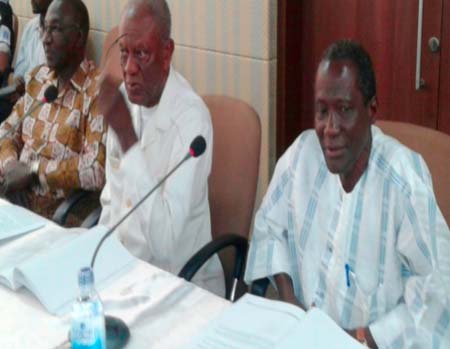
He said according to the report, the PSC said that “in performing the assigned tasks within the parameters set out by law, it was pleasing to acknowledge that no undue political or administrative pressure” had been placed on them “for seeking favours or advantages for a particular candidate or candidates.”
He said it was also stated in the report that: “We can confirm that our position on this vital principle of ‘non-interference’ in the work of the PSC is being jealously guarded, and thus ensuring that its neutrality is being observed.”
Hon. Saine also said according to their challenges, PSC mentioned that: “In as much as the commission is mandated with the recruitment of civil servants, some heads of ministries and departments are still failing in their duties. They do not go by the rules and regulations governing recruitment and promotion policies.”
He said it was also stated that they failed in some cases to consult with the PMO or the commission for advice, and proceeded to head-hunt for candidates’ that lacked the basic qualifications for the positions as laid down in the scheme of service.
Responding to the comments and questions, the chairman of PSC, G. O. Bright, said that if there was weakness or mix-march in the allocation of resources they could be “personnel, materials and supplies”.
He said they had to balance resources allocation as they are providing materials and supplies in an attempt to satisfy the trend of development needed, and also recruit personnel to fit the resources and facilities available; otherwise, they would have lot of people “sitting in offices probably not doing much”.
“Not that they are not capable of doing
much, but they do not have the resources to do it and that is a very big problem”
for PSC as an issue of government’s overall policy planning, he added.



